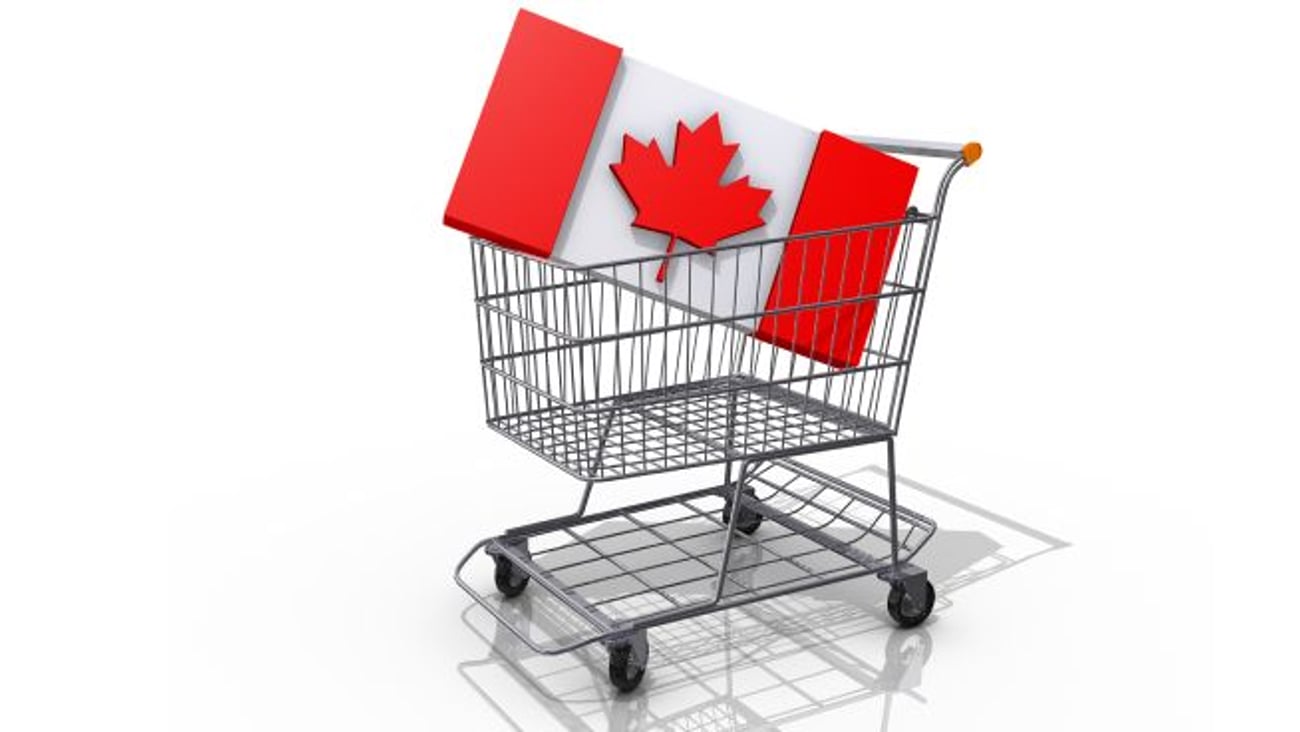The ‘greedflation’ campaign needs to end, now
The Standing Committee on Agri-Food and Agriculture in Ottawa has recently published a report addressing the investigation into food inflation and examining whether food companies are opportunistically leveraging the inflationary environment to raise prices. The term "greedflation," coined by certain politicians and economists, highlights the notion of excessive greed and self-interest, which may contribute to inflationary pressures, particularly directed towards food companies.
The report exhibits a strong and well-founded approach, likely crafted by MPs who dedicated time to comprehend the intricacies of food distribution and pricing. It surpasses the numerous superficial accusations we have now heard for months. Initially, Ottawa demonstrated support for the concept of “greedflation,” but subsequent engagement with industry experts enabled MPs to gain a more comprehensive understanding of the matter. Consequently, the report emphasizes that parliament should assign higher priority to other pressing concerns. Despite initial pretenses and political disputes, the committee ultimately got it right.
READ: Confusion over drivers of food inflation creating consumer distrust of grocers
Most of the recommendations urge parliament to prioritize efficiency throughout the supply chain. This entails supporting farmers, acknowledging the support needed by indigenous communities, particularly in Northern regions, establishing reciprocal standards for imported products, and eliminating best-before dates. Although diverse in nature, these recommendations highlight the dire need for a comprehensive food policy in Canada. The investigation conducted by the committee simply reinforced what was already known.
Of utmost importance, the committee advises the government to fortify the Competition Bureau's mandate and enable effective competition oversight within the Canadian grocery sector. This entails addressing "black-out" periods when grocers implicitly freeze wholesale prices, revenue-sharing mechanisms and barriers to entry for external players. This aspect emerges as the report's most critical component.
READ: Independent grocers defend chains against food inflation accusations
Among the 13 recommendations, two stand out prominently. The first is Recommendation no.1, which proposes that the Government of Canada should undertake necessary measures to gather and publicly disclose data on costs throughout the entire agri-food supply chain in Canada. This includes acquiring detailed cost data from sectors such as primary agriculture, food and beverage processing, and food retail. The underlying intention of this recommendation is to provide increased transparency to the public, which seeks answers and clarity. However, transparency, when taken to extremes, can present challenges.
Implementing such a system, encompassing thousands of products, would prove arduous, and ensuring data accuracy would pose a significant challenge. Companies disclosing their true costs may encounter a competitive disadvantage compared to those opting not to disclose accurate data. Ottawa would need to employ a substantial team of auditors to verify the validity of the data. Companies would also need to increase costs by hiring more personnel solely for compliance purposes, thereby potentially leading to increased food prices. Full cost disclosure may necessitate revealing sensitive information, including proprietary formulas, supplier contracts, or manufacturing processes. Consequently, companies and investors might choose to withdraw from such a market. Additionally, it could grant unfair advantages to foreign companies that are not obligated to disclose unless their operations are based in Canada. Paradoxically, cost disclosure could potentially result in collusion or anti-competitive behaviour among companies. If all companies have access to detailed cost information, there is a risk of coordinated pricing strategies or practices that impede competition, ultimately limiting consumer choice and market dynamics, which should be avoided.
READ: As politicians played inflation blame game in 2022, what really drove rising prices?
The second noteworthy recommendation is Recommendation no.9, proposing that the Government of Canada explore the possibility of implementing a windfall profits tax if the upcoming study conducted by the Competition Bureau reveals instances of abuse by grocers. It is crucial to note that the Competition Bureau's study was never intended to evaluate greed within the system. Additionally, a windfall tax would discourage competition over time, representing a short-term solution that could detrimentally affect our food autonomy as a nation.
Ultimately, the task of measuring greed proves to be exceedingly challenging. Attempting to delineate an acceptable threshold for profitability becomes an exercise in futility. In essence, what cannot be properly measured cannot be properly assessed. That is what “greedflation” is. Instead of incessantly engaging in finger-pointing, our efforts should be directed towards fortifying the food industry, precisely as recommended in the report.





